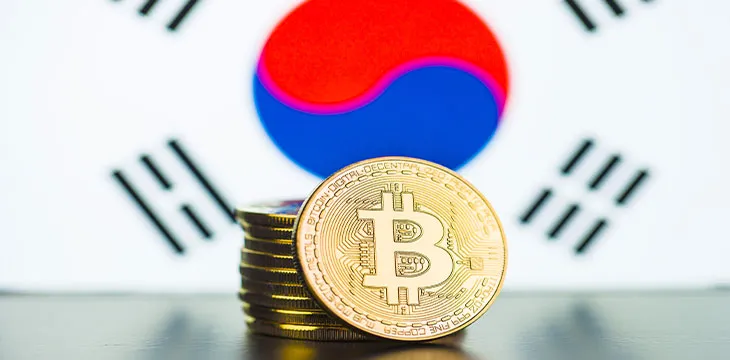|
Getting your Trinity Audio player ready...
|
South Korea’s Financial Services Commission (FSC) has published an announcement that details new requirements for account monitoring by domestic banks. The guidelines, which will be in place for a year before being considered for renewal, stipulate that any domestic bank providing services to cryptocurrency exchanges is now obligated to monitor all accounts controlled by the exchange.
It’s common for any exchange, including crypto exchanges, to maintain several accounts with banks. One could be used as an account to hold users’ funds for trading on the platform, while another could be used for operational purposes, holding the exchange’s assets.
The FSC has said that recent inspections conducted at three different banks, including KB Kookmin Bank, KEB Hana Bank and Nonghyup Bank, concluded that some exchanges were transferring assets from the depositing accounts to their operating accounts. The move is in direct violation of Japanese guidelines that require exchange to maintain separation between the two pools of funds.
The FSC is concerned that, without greater oversight, investor deposits could be used by the exchanges to launder money or to evade taxes by using the funds to purchase crypto on foreign exchanges. The banks will now have to report suspicious activity regarding the moving of assets to or from foreign exchanges.
South Korea has begun to warm up to cryptocurrency and blockchain advancement. It previously did not want to get involved with regulating the spaces, as government officials felt that this would be seen as an official legitimization of the industries. However, after several high-profile hacks and breaches, it has begun to take measures this year to tighten up control and provide more scrutiny. In January, the FSC ordered all exchanges to begin to verify users’ real names in an effort to outlaw anonymous trading.
The trading platforms are also now required to conduct “customer due diligence” and “enhanced due diligence” on their customers. The background checks are designed to ensure that foreigners are not using local crypto exchanges to buy or sell digital assets, as well as to prevent criminals from using personal accounts of others in an effort to launder money.
The new guidelines are an indication of the move towards regulating the cryptocurrency space in the country. It is only the first step, but many anticipate an increase in regulations to come through the rest of this year.

 07-06-2025
07-06-2025 





